
The Trade War on Two Wheels: How Tariffs Sparked a Global E-Bike Shift
In recent years, the world of electric bikes has experienced significant changes due to trade tensions and tariffs. These changes have impacted not only the production and cost of e-bikes but also the global supply chain.
This article will explore how tariffs have sparked a global shift in the manufacturing and distribution of electric bikes, as well as who has benefited from this shift.
How They Affected Electric Bikes
The trade war between the United States and China was a significant catalyst in the reshaping of the global e-bike industry. The immediate impact of these tariffs was a rise in the electric bikes cost in the United States. Retailers and manufacturers had to decide whether to absorb these costs or pass them on to consumers. Many opted for the latter, which led to an increase in e-bike prices, making them less accessible to some consumers.
The Global Shift in Manufacturing: From China to Southeast Asia
As a result of the tariffs, many e-bike manufacturers began looking for alternative locations to produce their products. This led to a significant shift in the global e-bike supply chain, with many companies moving their production from China to Southeast Asian countries such as Vietnam, Cambodia, and Thailand.
Reasons for the Manufacturing Relocation
The relocation of e-bike manufacturing was driven by several factors:
-
Avoiding Tariffs: By moving production out of China, companies could avoid the 25% tariff and maintain competitive pricing in the U.S. market.
-
Lower Labor Costs: Southeast Asian countries often have lower labor costs compared to China, which can help reduce overall production expenses.
-
Diversifying Supply Chains: The trade war highlighted the risks of over-reliance on a single country for manufacturing. By diversifying their supply chains, companies can mitigate these risks in the future.
Electric Bike Regulations and the Trade War
While tariffs were a significant factor in the global shift of e-bike manufacturing, other regulations also played a role. Countries around the world have different standards for e-bikes, which can affect where they are produced and sold.
Navigating Complex Regulations
Manufacturers had to navigate a complex web of regulations when relocating production. This included understanding the specific requirements for e-bikes in their new production countries and ensuring compliance with international standards.
Winners and Losers: Who Benefited from the Shift?
The global shift in e-bike manufacturing has created both winners and losers in the industry.
Winners
-
Southeast Asian Countries: Countries like Vietnam, Cambodia, and Thailand have benefited from increased foreign investment and job creation in their manufacturing sectors.
-
Consumers in Tariff-Free Markets: Consumers in regions not affected by tariffs have seen more competitive pricing as manufacturers pass on savings from lower production costs.
Losers
-
Chinese Manufacturers: The tariffs have forced many Chinese manufacturers to either move production or lose market share, impacting their bottom lines.
-
U.S. Consumers: Initially, U.S. consumers faced higher prices due to tariffs, although the relocation of manufacturing may eventually lead to price stabilization.
Electric Bike Production Trends and the Future
Ongoing Supply Chain Disruptions
Manufacturers may be trying to diversify their supply chains to lower risks, but the vulnerability of global supply chains is still a concern. The impact of geopolitical tensions could lead to production delays and material shortages, affecting how efficiently e-bikes are made and delivered.

Heightened Competition and Shrinking Profits
As more manufacturers shift production to Southeast Asia, the competition is getting fiercer. This might kick off price wars, which can actually weaken profit margins. While lower prices are great for consumers, they could hurt the long-term sustainability of the industry, making it tough for smaller manufacturers to survive.
Labor Market Issues
Although Southeast Asian countries offer relatively low labor costs, the labor market in these regions is changing rapidly. As living standards improve, workers might start demanding higher wages, which could ultimately drive up production costs and, in turn, e-bike prices.
The Leoguar Bike Advantage
Amidst these challenges, companies like Leoguar Bike are finding ways to turn things to their advantage. With their production based in Vietnam and holding a certificate of origin, they get to enjoy a 0% tariff rate. This means they don’t have to worry about price hikes, allowing them to keep their products competitively priced. That’s definitely good news for consumers, who can benefit from more affordable e-bikes.
Looking Ahead




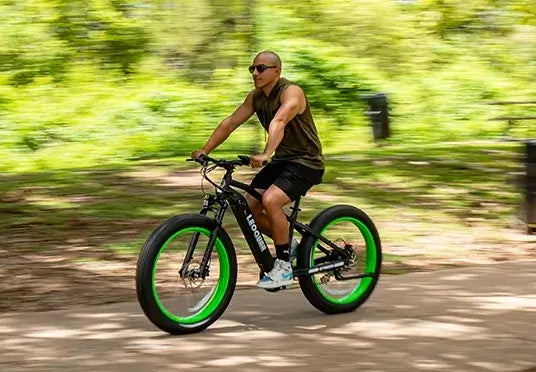


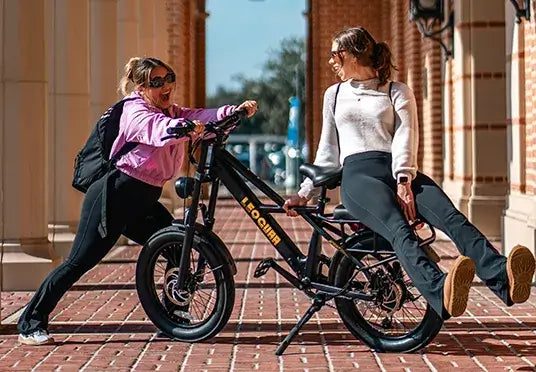
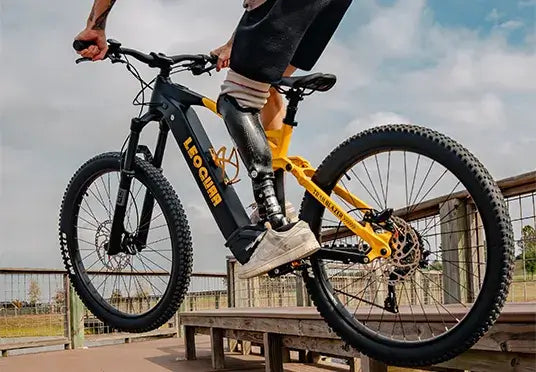
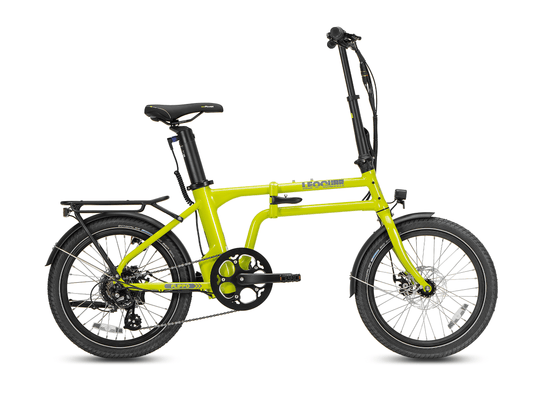

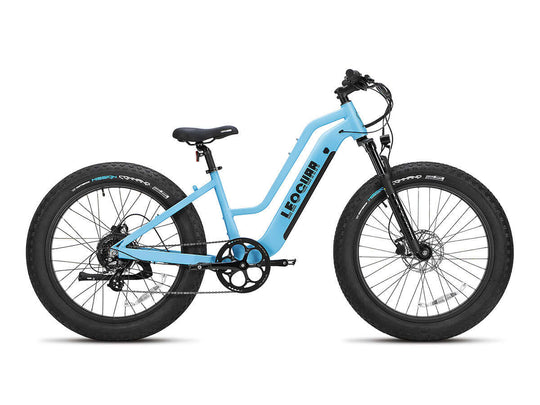
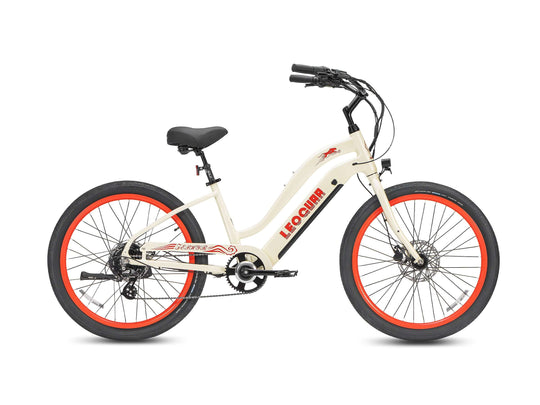
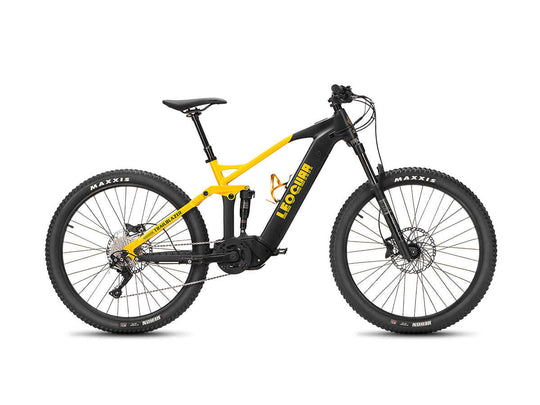
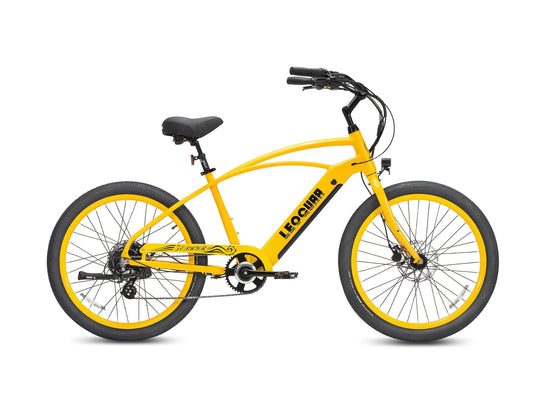
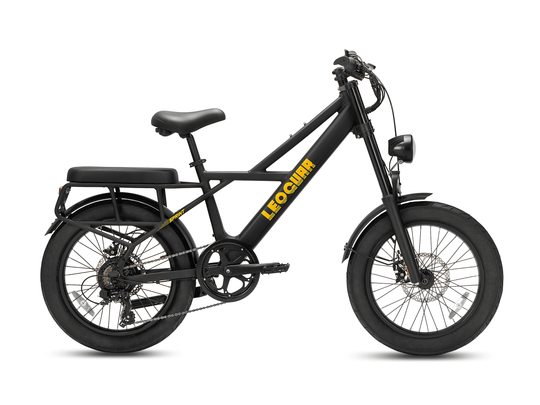
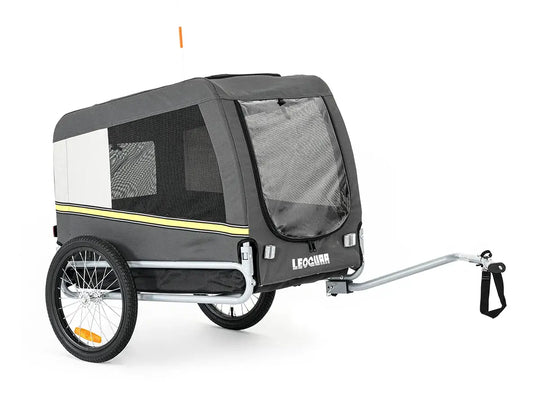
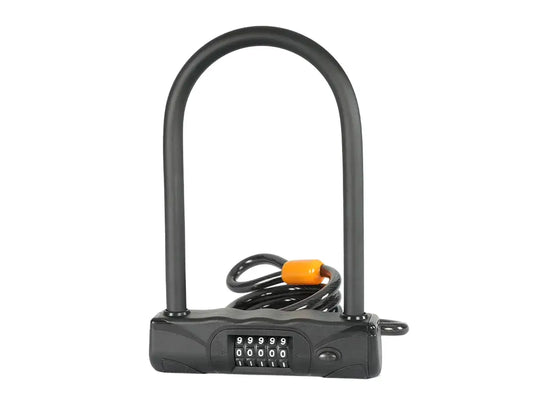

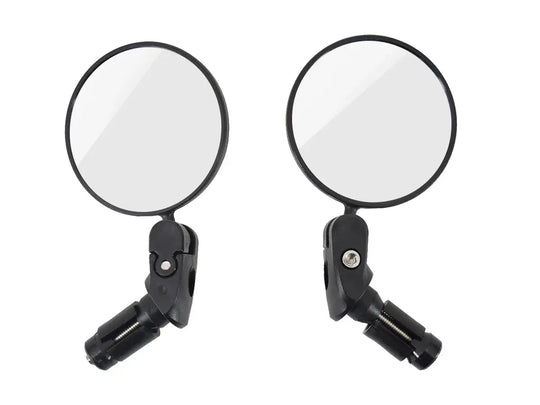


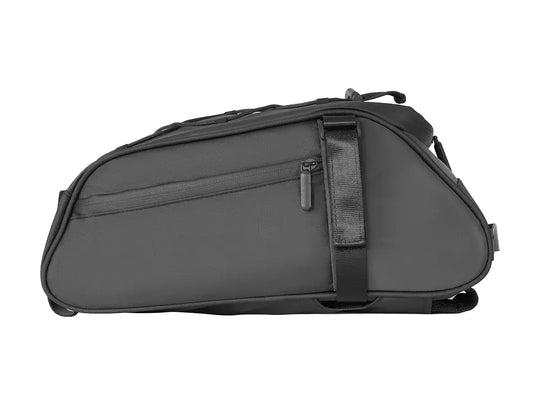
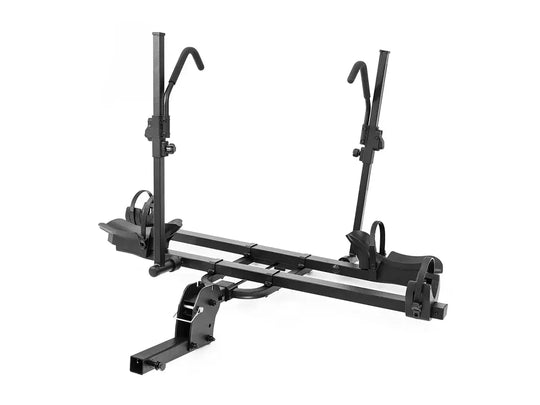
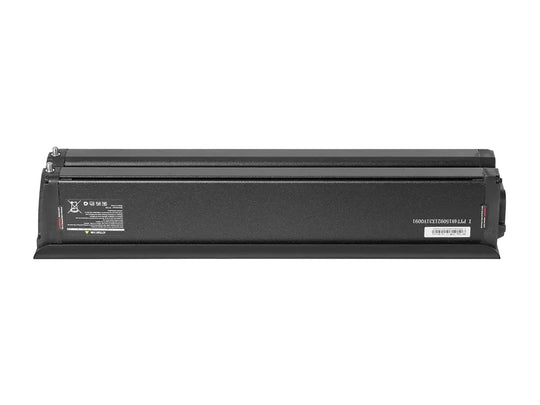
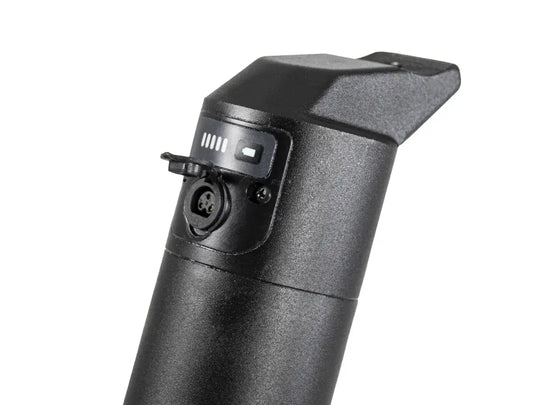
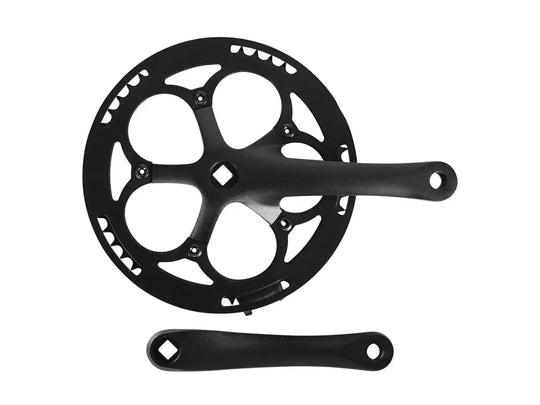
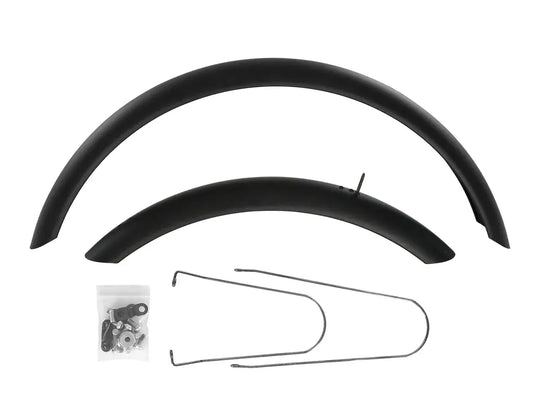
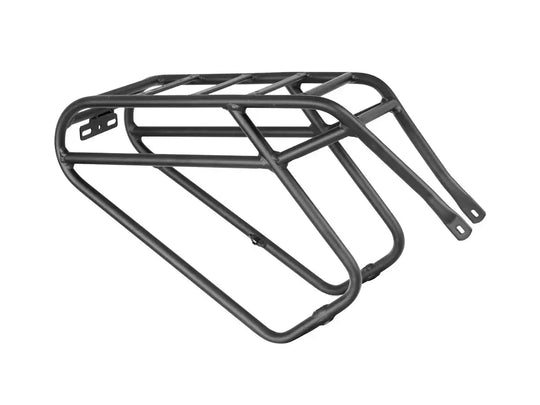
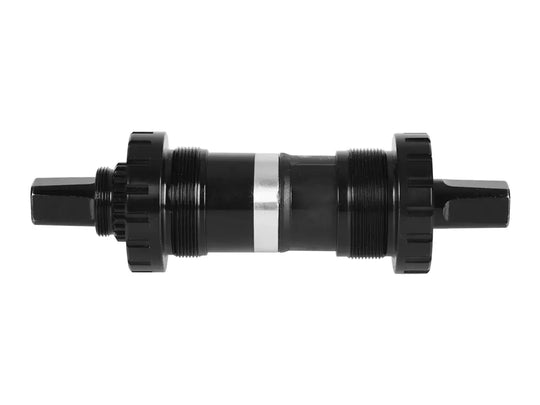
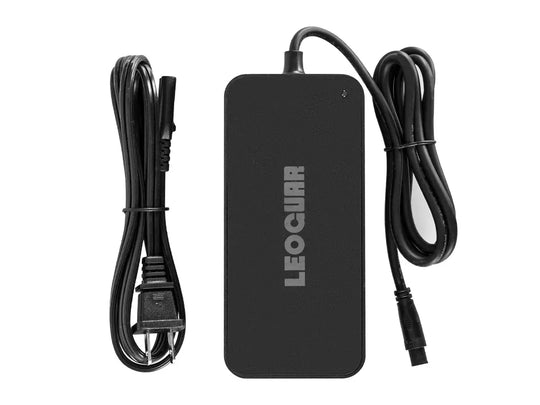

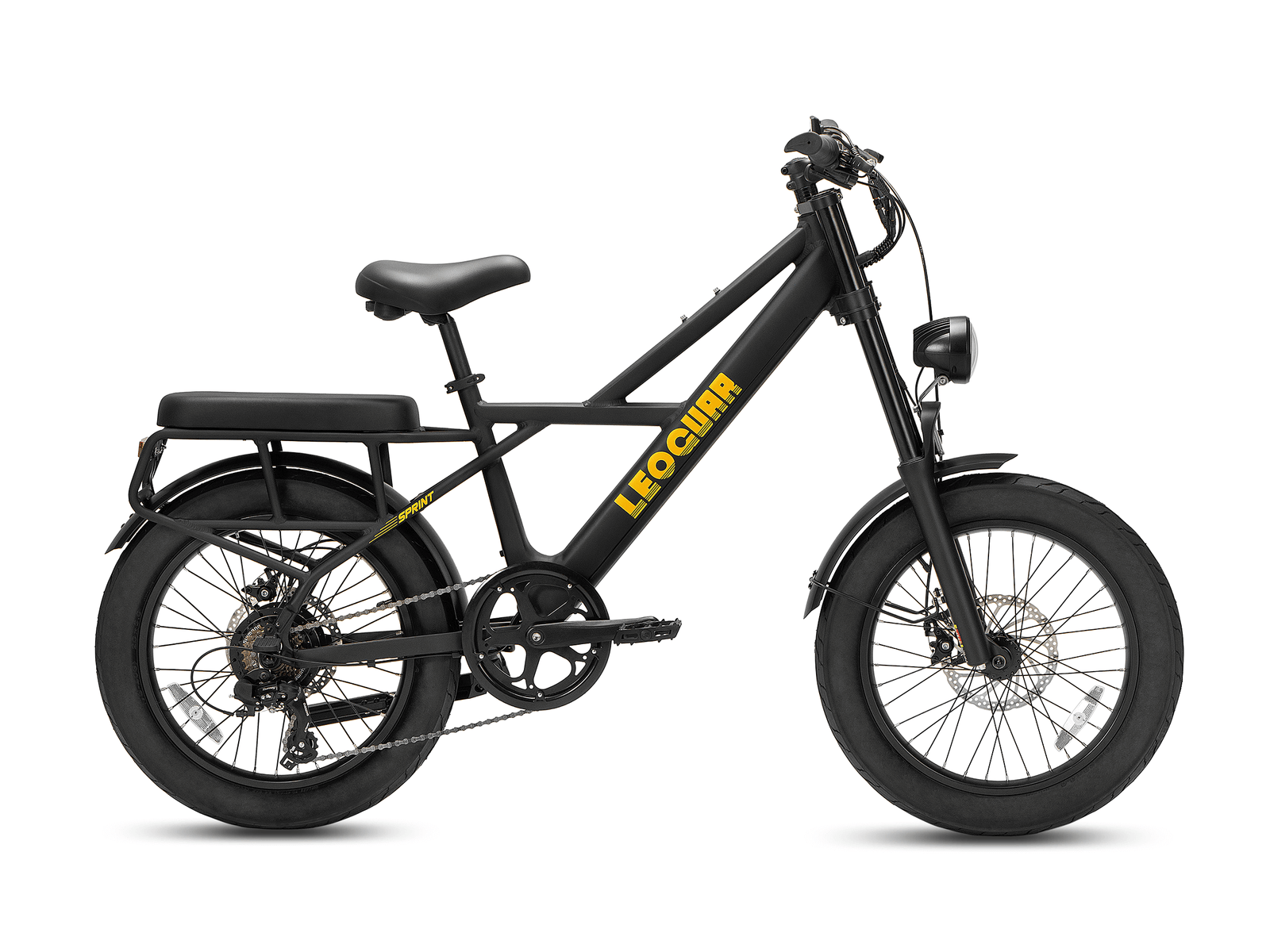







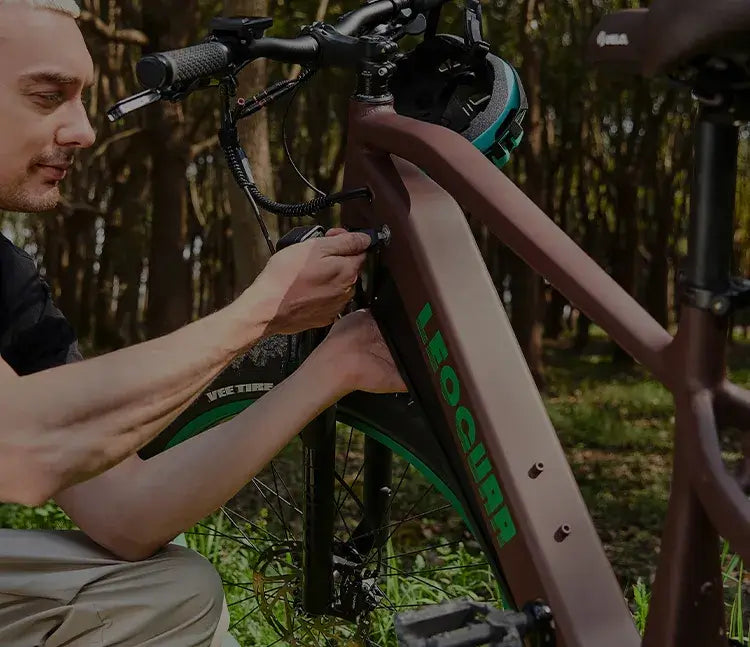
Leave a comment